The current archivists don’t have challenges of that magnitude to face, but 2024 is a busy year for them because of requests from groups that are planning to celebrate Concordia’s 50th.
To mark the occasion, RMA is also collaborating with the Concordia Library in the creation of a virtual timeline of notable events in the university’s history.
It’s been tough to whittle down the interesting stories to a digestible number.
“When we started, we had 700 entries for the timeline,” laughs Côté. “We’ve reduced that to around 300.”
These events include the cancellation of classes at Loyola in 1918 because of the flu pandemic, the first issue of Concordia University Magazine in 1977 featuring literary giant Mordecai Richler’s humorous account of his time at Sir George Williams, the implementation of Concordia’s HIV/AIDS policy in 1988 (making it one of the first Canadian universities to issue formal guidelines about AIDS education and health services) and the founding of the People’s Potato to fight student hunger in 1999.
A cornerstone of preservation
As the anniversary commemorations approach, the significance of these events and milestones — and how they strengthened Concordia — has become more and more apparent.
So, too, has RMA’s role as a preserver and promoter of this rich history.
One of the most notable events on the virtual timeline, for example, had its genesis in the spring of 1968, when six Black students at Sir George Williams accused a professor of racial discrimination.
No resolution had been reached by the following winter, when around 200 students occupied a computer centre and faculty lounge in the Henry F. Hall Building. Their aim was to show their dissatisfaction with how the administration was handling the allegations as well as racism on campus more generally.
Twelve days later, after negotiations between the students and the administration failed, the university called in the police. In the ensuing chaos, officers arrested 97 people.
For some students, the fallout included job loss, unfinished studies, jail sentences and even deportation.
Although those involved would never forget the incident, it might have been largely forgotten by the broader community had records not been archived, then revisited and highlighted over the years.
For instance, in 2015 the National Film Board was able to make a documentary on the subject using well-preserved archival footage that was originally captured on reel-to-reel videotape.
Concordia has since issued a formal apology for its handling of the racism complaints, for the harms caused to protestors and for its silence surrounding these matters during the decades that followed.
Côté considers this outcome to be an example of why cataloguing the past matters, and why it is fortunate that Concordia has been doing so for the past five decades.


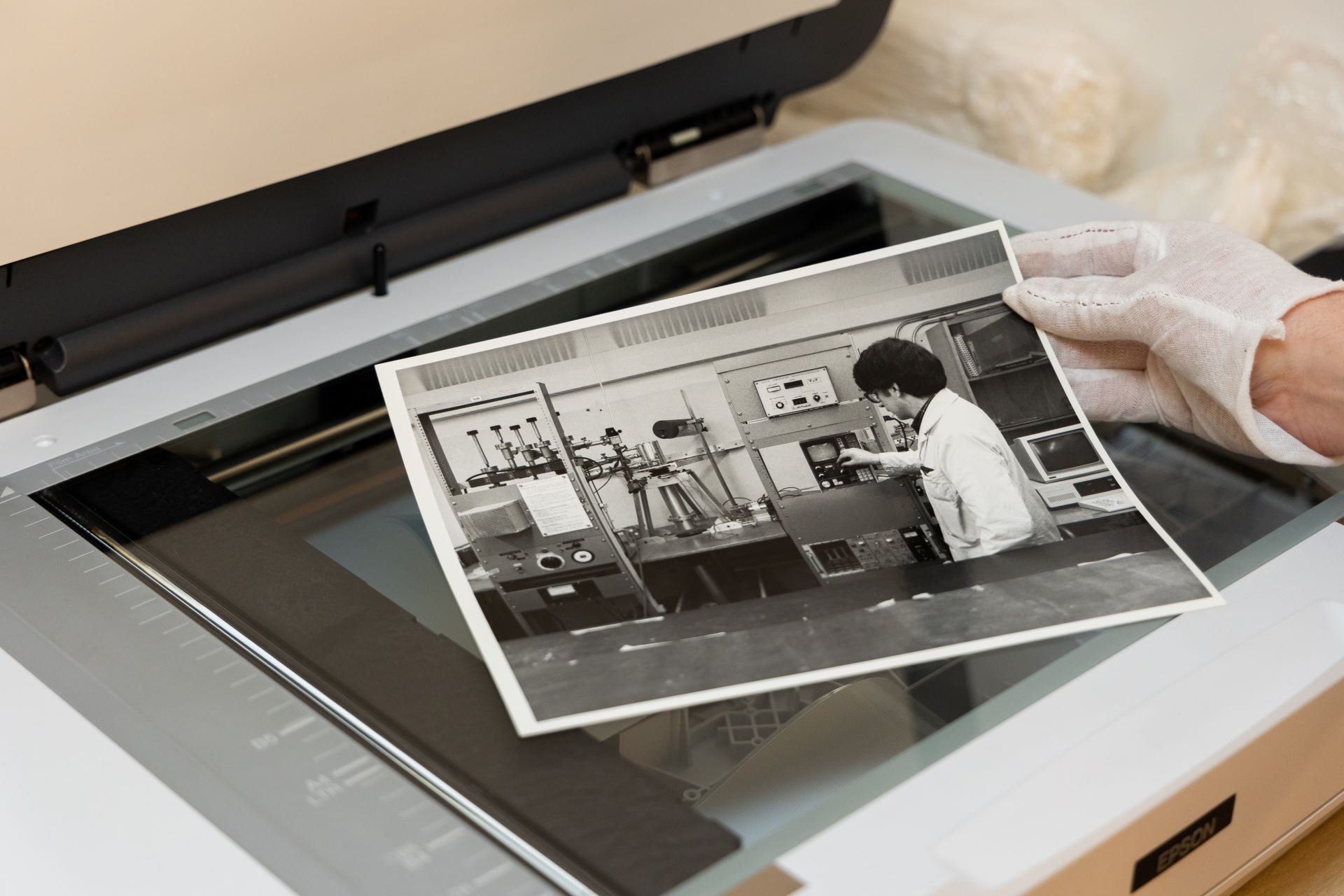 An archivist holds a photo of the Department of Chemistry’s Mössbauer Spectrometer.
An archivist holds a photo of the Department of Chemistry’s Mössbauer Spectrometer.
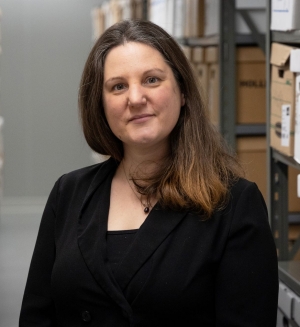 “Our mandate is to help people,” says Julie Daoust, Records Management and Archives lead.
“Our mandate is to help people,” says Julie Daoust, Records Management and Archives lead.
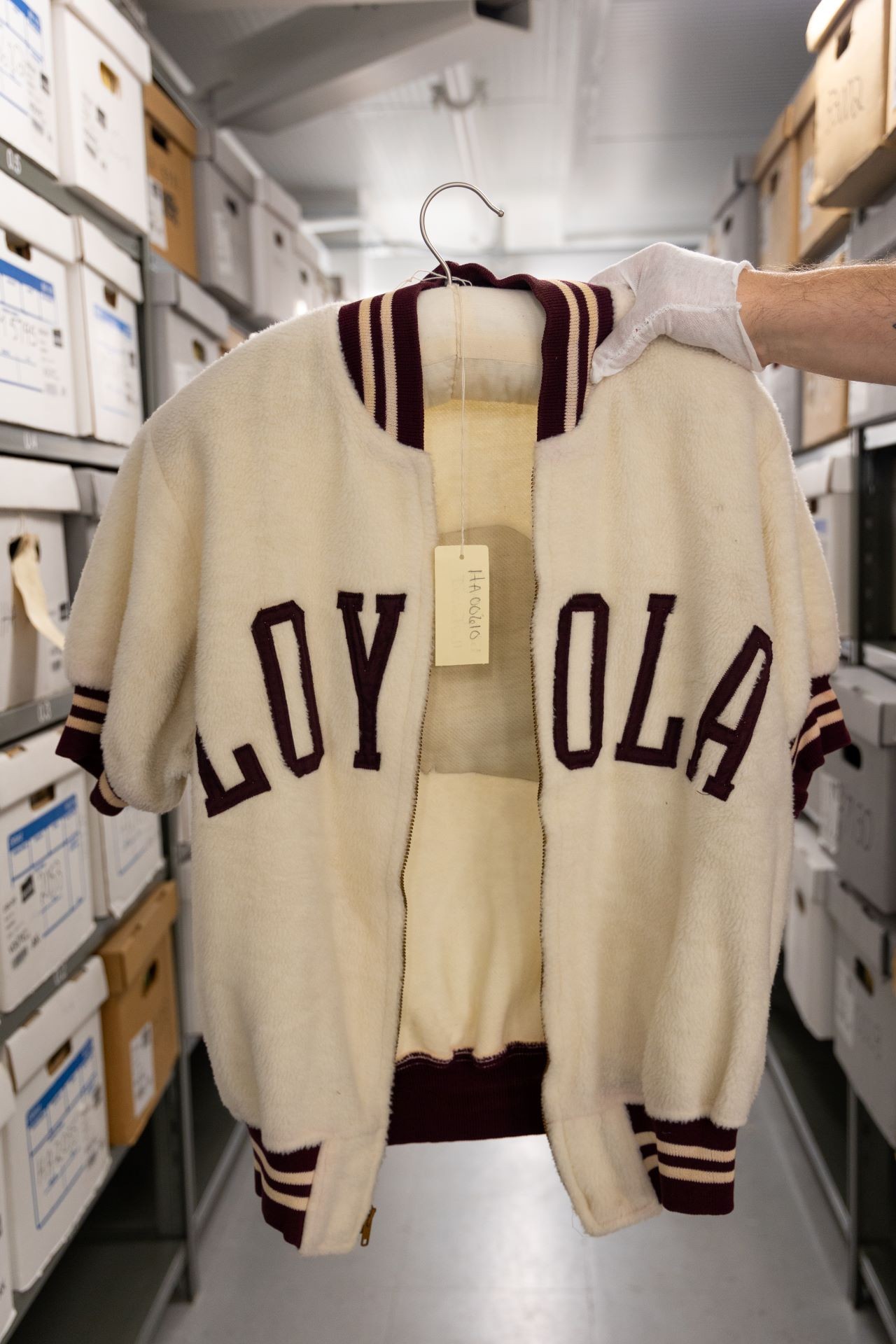 Short-sleeved jacket from Loyola College
Short-sleeved jacket from Loyola College
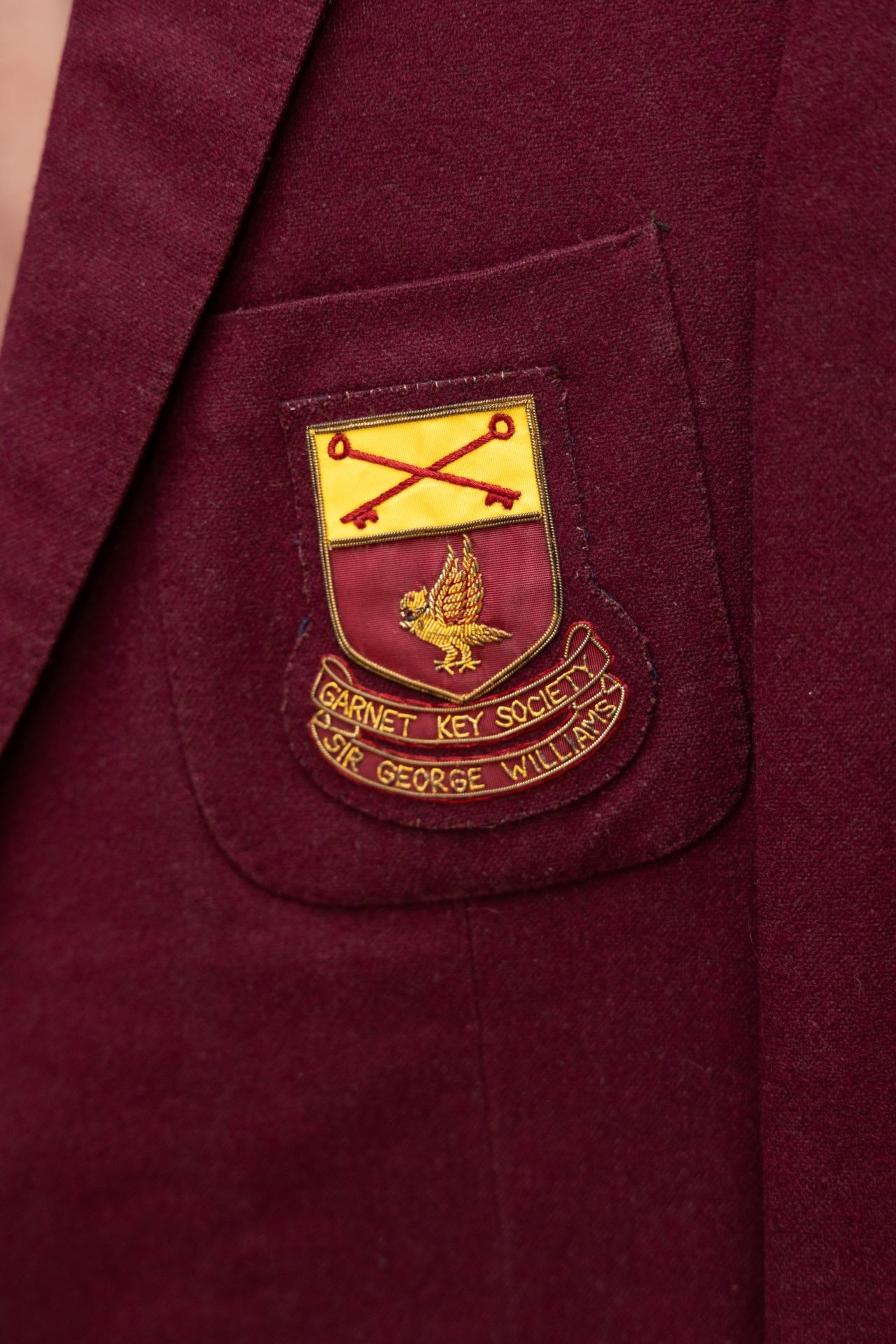 Pocket crest of a Sir George Williams University Garnet Key Society jacket
Pocket crest of a Sir George Williams University Garnet Key Society jacket
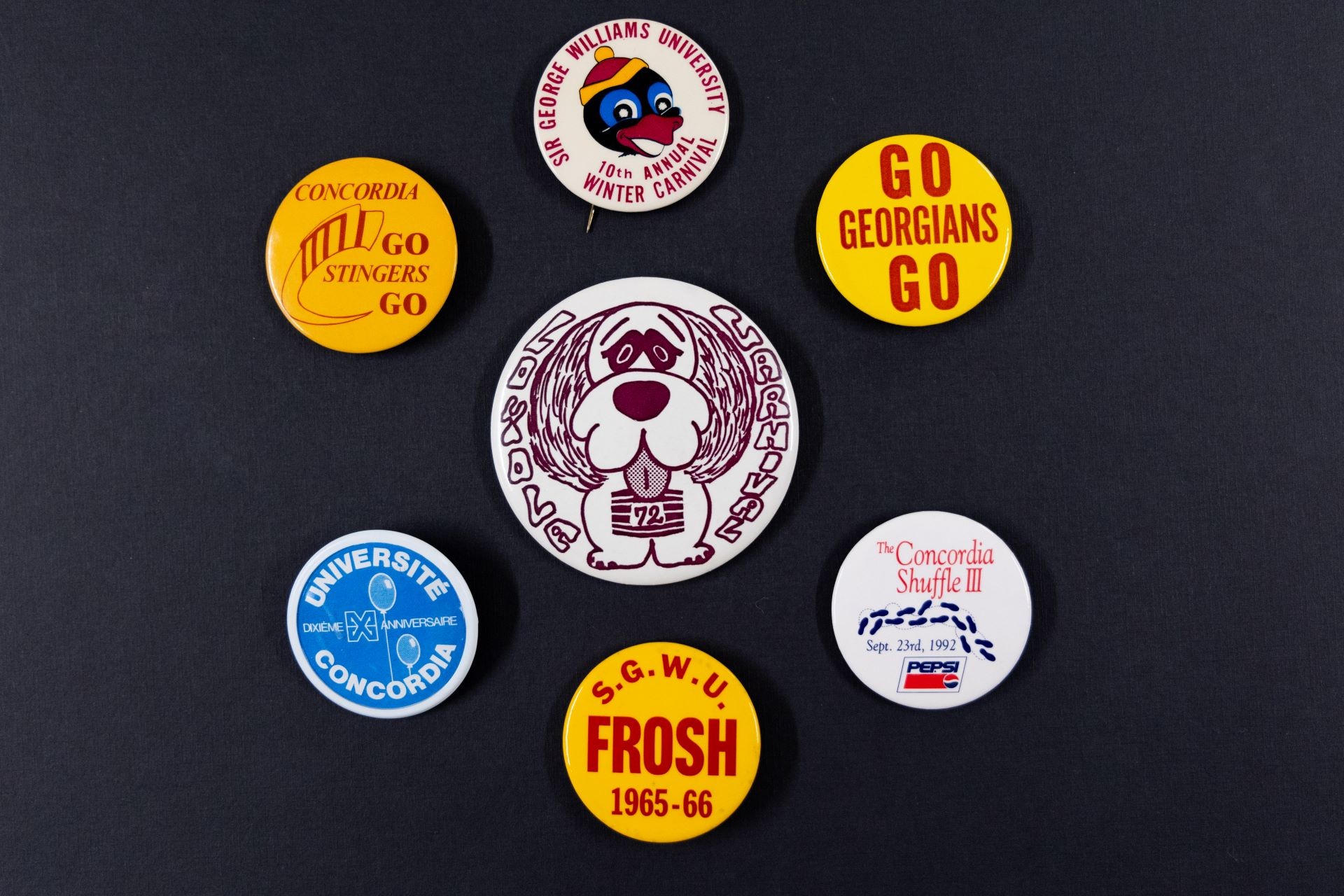 Records Management and Archives’ extensive holdings include photos, event posters, lecture notes, press releases, yearbooks, sports jerseys, trophies, pins, videos and more.
Records Management and Archives’ extensive holdings include photos, event posters, lecture notes, press releases, yearbooks, sports jerseys, trophies, pins, videos and more.
